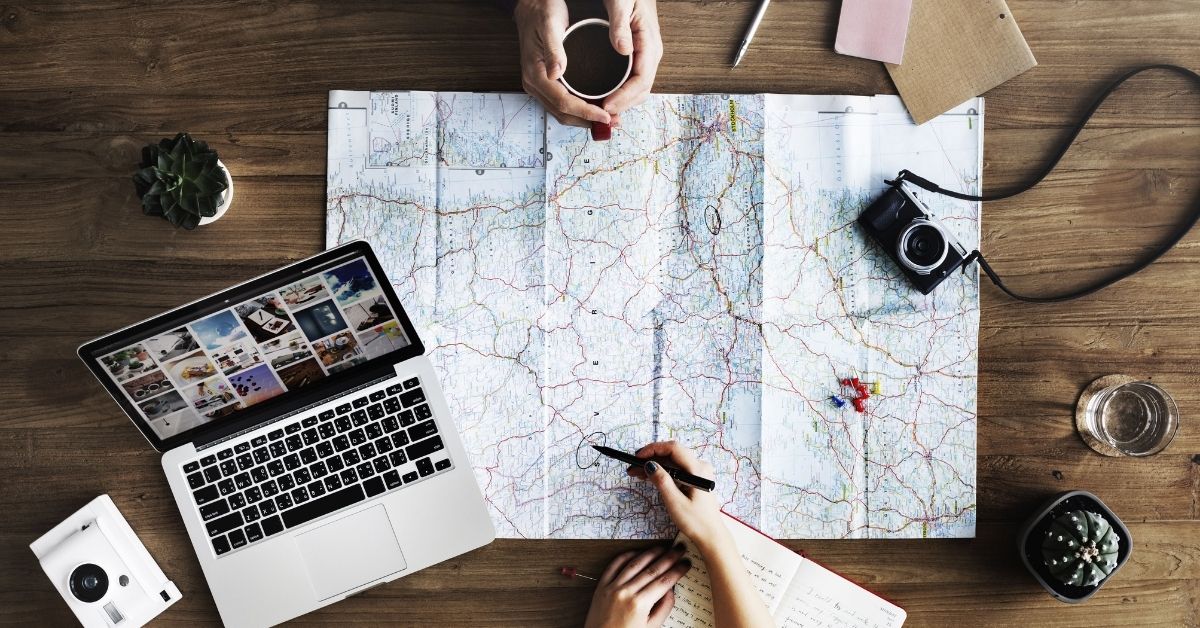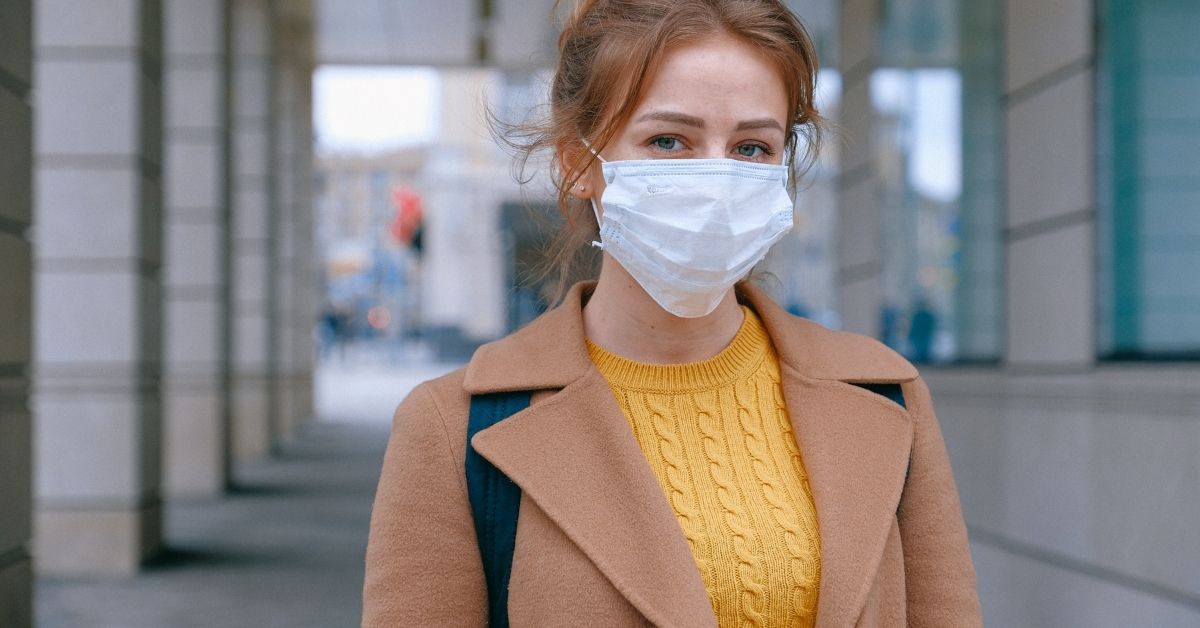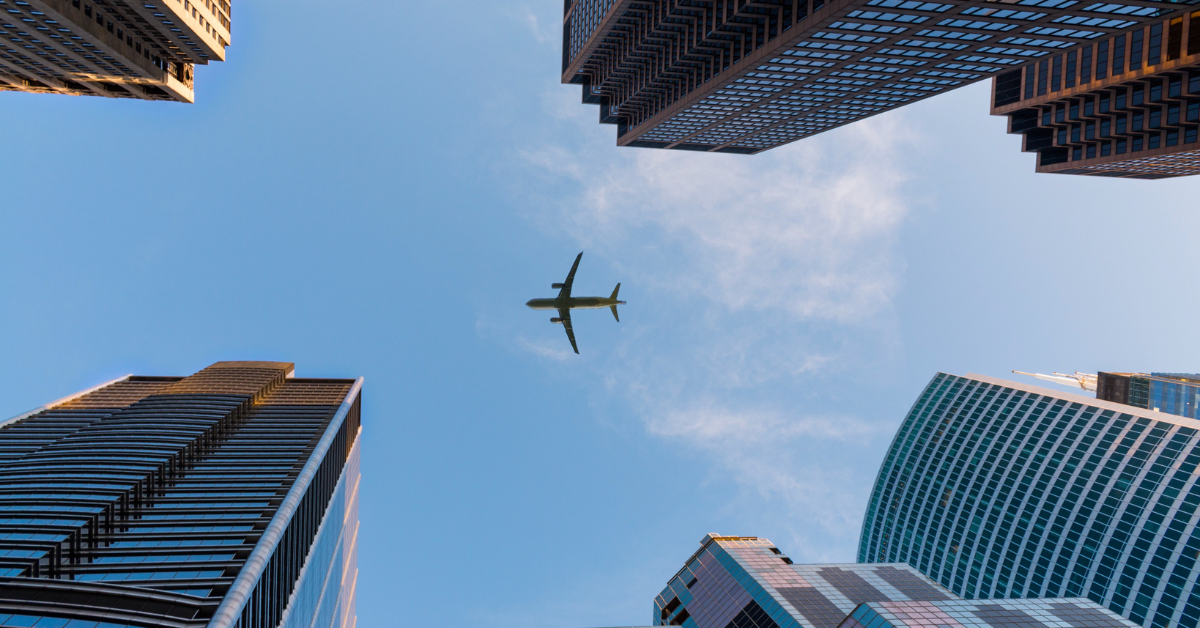Post Pandemic Travel Trends to Look Out for

“Many travel industry experts believe that new travel trends will emerge in the travel industry in the post-pandemic era. Based on the meltdown that the travel industry faced during the Covid-19, they consider these changes vital for the recovery and growth of this industry. But what would these new travel industry trends in the post-pandemic time be like? Let us find out.”
One of the most hit sectors ever since the outbreak of the Covid-19 pandemic is the travel industry. Travel restrictions and bans, ongoing lockdowns, border closures, flight cancellations, enforced stay-at-home policies, and so on have impacted the travel industry like nothing else.
The Covid-19 pandemic made the travel industry come to a halt in every possible manner. The word ‘travel’ was rarely heard, with people wondering if they would ever get a chance to travel again.
Now that the travel restrictions are easing in many countries around the world, travel industry experts believe that the lost momentum of this industry will soon return.
However, they are also of the view that the travel industry as a whole would never again be the same as before. Since the old trends will not be able to continue in a post-COVI-19 world, they say, the travel industry will develop and set new trends.
In this article, we try to discover what the post-pandemic trends could be and how they will affect the future of travel.
So let’s begin.
10 Travel industry trends to look for after Covid-19

As already mentioned at the beginning of this article, most travel industry experts believe that great changes will appear in the travel industry beginning with the post-pandemic period.
Their justification is based on the unexpectedly massive blow that the travel industry suffered during the peak of the Covid-19 era. Hence, the travel industry will face an inevitable change in the post-Covid-19 phase, completely revolutionizing the way it used to be.
Here is a list of 10 possible travel industry trends in 2021 that you might experience while traveling.
1. Covid-19 precautions will remain intact
The basic set of precautionary measures to prevent the spread of Covid-19 such as wearing masks, maintaining social distance, avoiding unnecessary physical contact, etc. will remain intact, even in the post-pandemic time.
2. Domestic travel will grow
While it was mostly a matter of affordability before that people chose to travel between domestic and international destinations, it won’t remain the case anymore. More and more people will look for newer and unexplored destinations, both on the domestic and international front.
3. Seasonal rush won’t exist
Earlier, most of the travel destinations around the world used to experience rush during a few peak months. However, this trend will change after the Covid-19 pandemic. Rather than visiting places during peak seasons, people will prefer to travel during the off-peak months of the year.
The concept of a seasonal rush might vanish slowly and gradually for most destinations.
4. People will choose vacation periods randomly
The dropping of seasonal rush could also be attributed to travelers choosing to have vacations during any time of the year in the post-Covid-19 period.
For example, instead of waiting for the summer holidays, people will likely travel during randomly selected months of the year.
5. Limitations on the number of travelers moving domestically and flying in from abroad
To avoid any rush seasons at any single time of the year, countries will regularize the number of people moving domestically. In addition to this, they will also limit the number of foreign tourists flying in from abroad.
6. Getting Covid-19 tests and vaccination before traveling
In addition to having a passport and visa to travel to a destination, travelers will have to show a negative Covid-19 test result, conducted at least 3 days before traveling each time.
In addition to this, proof of vaccination will also become a mandatory document for clearance at the immigration counters.
7. Extended travel periods are expected
Even after presenting a negative Covid-19 test result, some countries are requiring foreign travelers flying in from abroad to stay in quarantine for a few days upon arriving.
This increases the travel duration, as well as expense, for the travelers.
In addition, due to complete or partial lock downs and limited hours granted to the public for staying outside of their vacation home or hotel, more vacation days will be required to fully enjoy vacation trips.
8. More time at the immigration counter
Aside from the regular clearance of travel documents, new routine check-ups will be conducted at the immigration counters. These include additional procedures to make sure that the passenger flying in isn’t infected with the Covid-19 or any other life-threatening viral disease.
And since there have been cases of incoming international passengers carrying new and riskier variants of the Covid-19 disease, many airports are conducting on-arrival Covid-19 tests despite travelers presenting negative results from a 3 to 5 days old Covid-19 test.
All of this is causing an unusual delay and increase in the time spent at immigration counters around the world.
9. Cost of traveling will increase
Due to enforcing the mandatory Covid-19 precautions, the cost of traveling will increase.
10. Choosing between other forms of traveling
While air travel does save time, people will prefer using trains or driving themselves to travel to domestic destinations, both for tourism and business purposes.
Similarly, countries that have no-visa policies for travelers coming in from neighboring border sharing countries, might expect a massive influx of tourists arriving through land borders via personal vehicles or trains.
Trends come and go and then return in every industry. Hence, the term “trending” is always in fashion. The travel industry can’t simply dismiss the trends that will impact us in the post-pandemic era as they haven’t gone anywhere and won’t soon return.
They are here to stay for an unforeseeable future. So let us hope that whatever trends happen in the travel industry, happen in the best interest of humanity.


